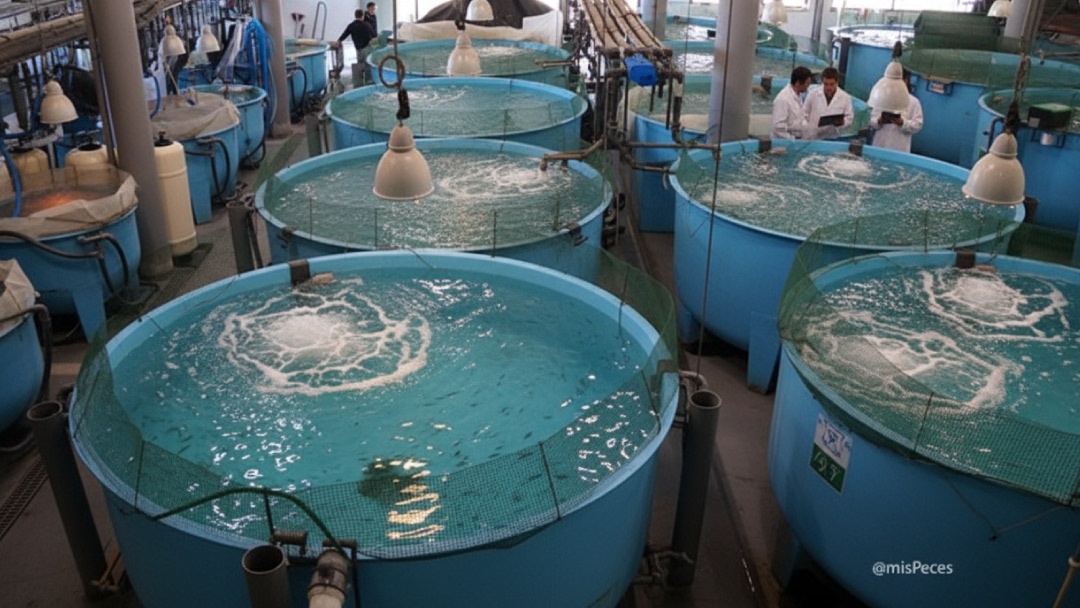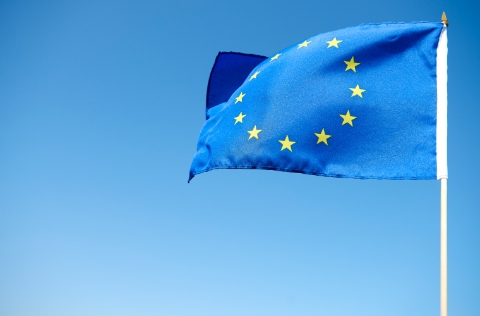
Researchers at the Technical University of Madrid (UPM) have successfully developed and optimized an innovative photochemical technology that uses light energy to offer a sustainable solution to one of modern aquaculture’s major challenges: the elimination of pathogens.
The study led by the team from the Superior Technical School of Industrial Engineers (ETSII), has published the method in Journal of Environmental Management, where it demonstrates the efficacy of this treatment system.
The method is based on the application of UV-C photoassisted Adavanced Oxydation Processes (AOPs), achieving remarkable results in tests using real aquaculture water.
The treatment was able to degrade over 80% of the antibiotic Amoxicillin in under 45 minutes. Crucially, it also ensured the complete disinfection of the water, inactivating the bacterium Enterococcus faecalis (a contamination indicator), in just one minute.
In addition to speed, the team confirmed that the water’s disinfection capability remained stable for at least two weeks after treatment – a key factor in preventing bacterial growth in Recirculating Aquaculture System.
The most interesting and novel aspect of this breakthrough lies in its environmental safety. While recirculating systems are essential for sustainable food production, they risk generating antimicrobial resistance and causing contamination from toxic chemical by-products resulting from traditional disinfection methods.
The team evaluated various oxidant (hydrogen peroxide, peracetic acid, sodium persulphate, and others) and found that processes using hydrogen peroxide, peracetic acid, and persulphate did not generate detectable levels of these disinfection by-products, making them significantly safer alternatives. This approach enables the in situ regeneration and reuse of water with a minimal environmental footprint.
“Our work represents a decisive step towards a more sustainable aquaculture, capable of safely producing food with a lower environmental impact,” state the researchers.
The technology, which received funding from the PHOTORAS project and FEDER funds, is now ready to progress to pilot-scale trials, positioning Spain as a leader in the advanced treatment of aquaculture effluents.


